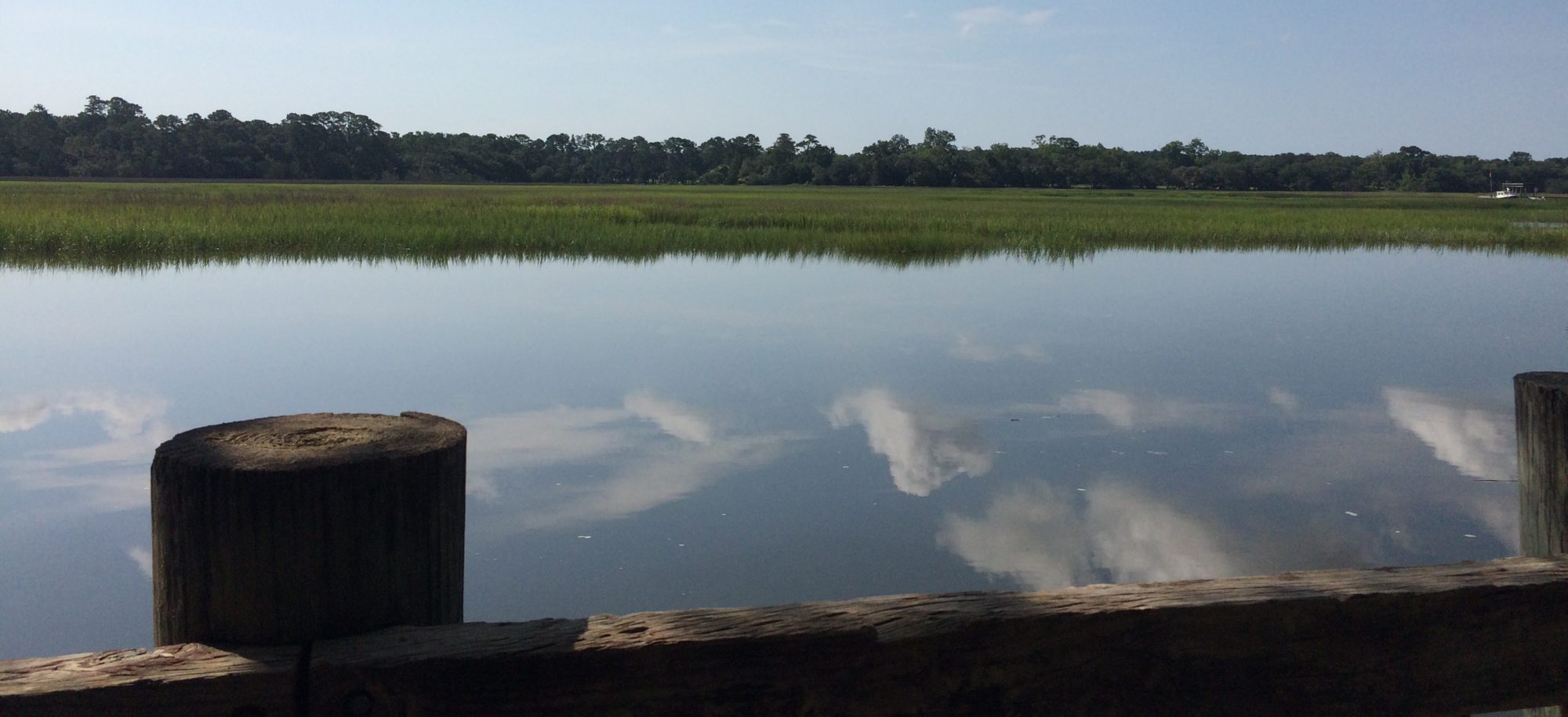Freistadt, Wisconsin was settled in 1839 by immigrants from Prussia, a chunk of land in what is now Germany and Poland, next to the Baltic Sea. A history compiled for the village church’s 150th anniversary says their hard journey to a new home was a search for religious freedom.
They apparently kept looking for it after they arrived. A few steps down the hill from the only crossroad in the village, on the north side of the road, lies the Buffalo Synod cemetery. It has a wrought iron fence, freshly painted glossy black, sheltering the remains of a few dozen souls who opted for their own spot, rather than the original Missouri Synod church cemetery right across the road. Their particular search led to a different conclusion, part of an internal Lutheran immigrant doctrinal dispute that began shortly after their arrival and continued until after the close of the United States Civil War.
Herman looks after the little manicured plot, right next to his own front yard. He tends it out of tradition, he says. Not his tradition, actually, as he goes to the church across the road and expects to end up in its overflow cemetery hundreds of yards south.
But the Buffalo Synod’s grass is in his neighborhood, which he takes to include the box elders and shaded turf overlying his alienated underground neighbors. There is always the highly unlikely possibility that an ancestor of his might be buried there, which makes it easier, though no one comes by to decorate the graves and Herman considers short grass plenty of recognition.
Neighborliness, that’s what it is. I hope if I end up in a neighborhood going on that long, someone cares about me the way Herman does. I’d be planted in a little plot with blackened gray stones reaching toward the sky, left by fellow ancestors adherent to beliefs lost on those living in the mere present. And Herman would drop by to cut the grass.
I’d enjoy hearing the weed whacker whizzing overhead. Herman might even care about me more than the guy on the riding mower in the original church cemetery across the road trying to make his way between the stones, the ones with names everybody recognizes as surnames on local mailboxes. I’d love the chance to give Herman the separateness he constructs for himself every so often, escaping from his world into our present, a quiet place, fenced and green, a little space of solitude shared by fellow searchers.
